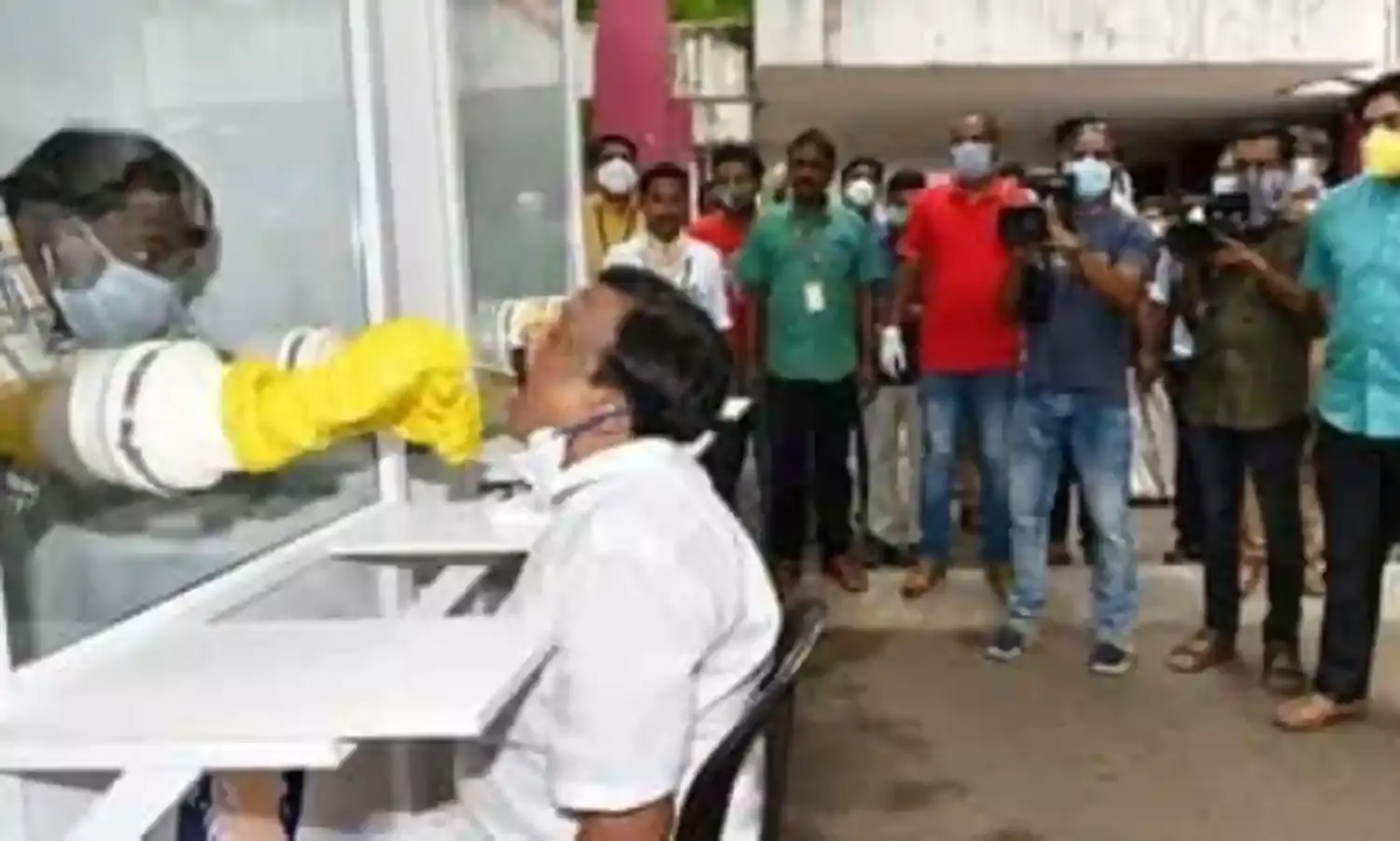Covid-19 - Don’t Handicap the States
State funds dry up
THE fight against the Covid-19 pandemic in India requires a big effort by the states as they have to bear the main expenditure and mobilise the human resources to combat the disease and its economic and social effects.
The states have had to scale up health-care facilities, provide free foodgrains and essential supplies and give income support to working people and other sections of society as the lockdown enters its fourth week.
But all the state governments are handicapped in this battle as they face severe shortage of funds. The niggardly package of Rs1.7 lakh crore announced by the centre at the start of the lockdown did not actually provide any additional funds to the states. More than half of this amount was already provided for in the budget such as the Rs 2000 installment to farmers under the PM Kisan Yojana.
The states have so far got only what was due to them under the National Health Mission and part arrears of the Goods and Services Tax (GST) compensation.
Not only are there no additional funds or grants to deal with the coronavirus epidemic, the centre has not given even what is due to the states on various heads. Two of these are the GST compensation arrears for at least two months and thousands of crores of rupees due under the MNREGS to the states.
The coronavirus crisis has brought out in stark relief the mendicant status of the states. Continuous centralisation of power and resources have taken away whatever fiscal powers and resources the states had.
With the introduction of the GST, states have been deprived of the power to levy any taxes on goods, nor do they have any effective say in setting rates as the centre has a dominant position in the GST council.
Added to this, is the authoritarian outlook of the Modi government which seeks to ride roughshod over the states.
An instance of this centralising, anti-democratic approach is the denial of CSR (corporate social responsibility) funds to the state chief ministers’ relief funds. Only to the recently set-up PM CARE fund can contributions be made which will be eligible as CSR funds. Even in the matter of Covid relief contributions, the states are discriminated against.
The neoliberal policies pursued by successive governments have led to fiscal policies which adhere to the interests of finance capital. So a rigid fiscal deficit cap has been set for both the central and state governments. Under the FRBM Act, the state’s expenditure cannot exceed the limit of 3 per cent of the state gross domestic product (GSDP). With the centre refusing to reduce the fiscal deficit norm even for itself, it has left the states with no avenues for raising money through increased borrowings.
Many of the states have already given much more than what the centre has announced through its package: cash transfers to certain categories of people; enhanced quota of rations; advance payment of pensions and other benefits and steps to feed and shelter migrant workers.
The expenditure incurred for all this has come at a time when the revenues of the states are falling or drying up. In the absence of any assistance from the centre, some of the states have cut the salaries of its employees and halted some of the development work.
The states are compelled to frontload their borrowings, but when they do so, they find they are being charged exorbitant interest rates. According to the Kerala finance minister, Thomas Isaac, when the government sought to borrow Rs 6000 crore for a state development loan for a 15 year period, the state had to offer an interest of 8.96 per cent for the borrowing. This would push the state into a debt-trap, he said. He has demanded that states be allowed to borrow from the RBI.
In the video conference with the prime minister on April 11, all the chief ministers demanded immediate assistance and measures to enable the states to raise resources. But it is unfortunate that the centre has not responded even when the lockdown has been extended for another 18 days.
The country has entered a crucial time in the fight against the corona epidemic. Unless the states are equipped both financially and materially with the wherewithal to organise the fight back, we will have to pay a heavy price both in terms of human and economic losses.
The centre should without any further delay take the following steps: borrowing from the RBI, the centre should provide grants to the states for the Covid-19 related work; the borrowing limit for the states should be raised to 5 per cent of the GSDP; the states should be able to borrow from the RBI directly; all the arrears and dues owed to the states under various heads should be released immediately.
The Modi government should realise that the success it hopes to register in tackling the Covid-19 virus can be realised only if it engages the states in a full and cooperative partnership.





